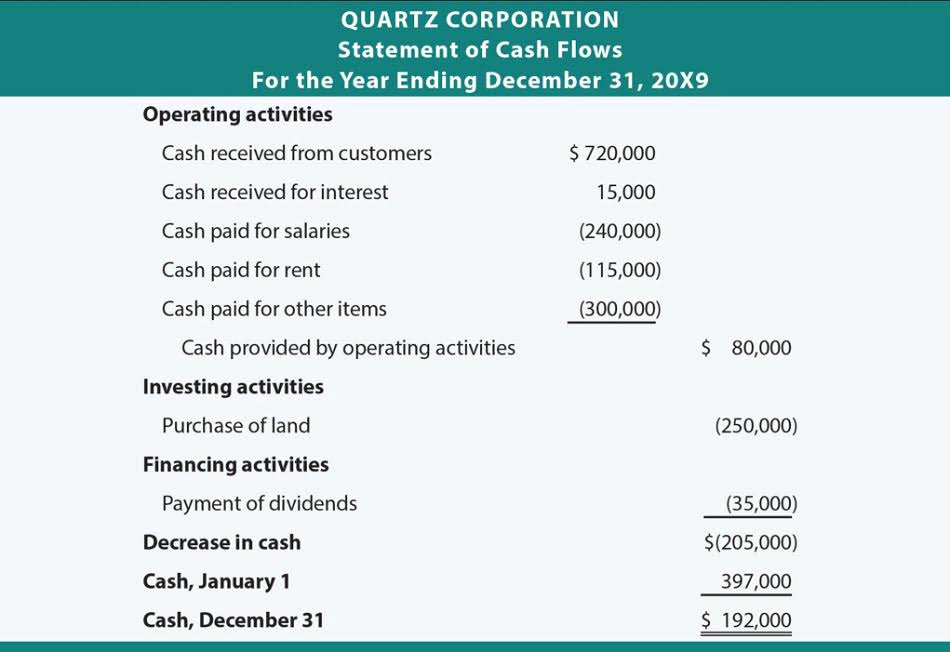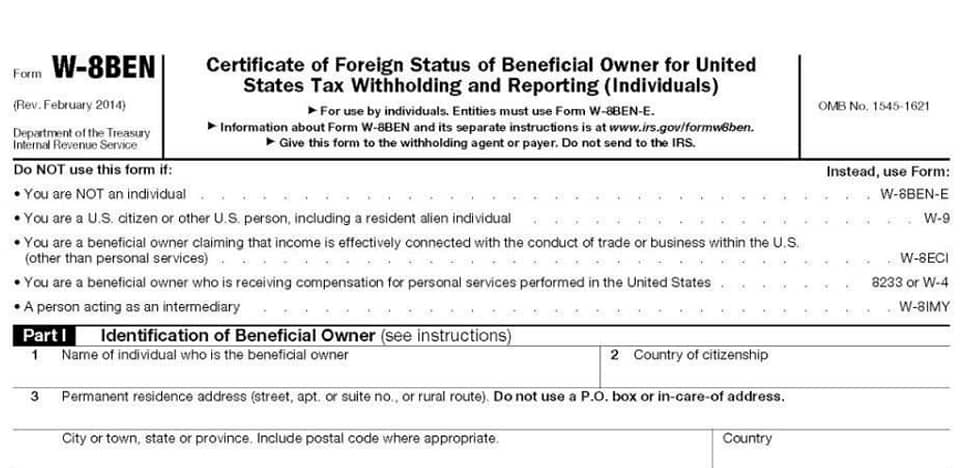
By the way, I did our own accounts for many years because I lost confidence in accountants. I won’t bore you with the reasons but I have built up a successful solvent business which employees people and I make no apology for being unqualified. We have no debt whatsoever apart from the money we owe our suppliers during the month, and all suppliers are paid on the dot at the end of each month. My accounts are dead easy to understand and have hardly any notes, which contrasts with the accounts prepared by professional accountants for another company on whose board I am income statement a non-executive director.
Are Grants Actually Taxable? Avoid this Mistake + FAQs
When you collect the data that’s needed for grant bookkeeping, the organization will be able to analyze that data to assess the intent, implementation, and impact of its policies and strategies. This means the organization gets the most out of every bit of funding it receives, propelling it closer to its mission aims. Establishing strong relationships with grantors is crucial to help nonprofit operations sustain. Without being able to prove this compliance, it’s possible that a nonprofit risks fines or penalties. Internal controls and audits encompass the mechanisms and procedures put what is grant accounting in place to prevent financial mismanagement or fraud.

FAQ: Frequently Asked Questions about Grants and Taxes

The recognition of revenue for conditional grants occurs only once the stipulated conditions are met. This can be difficult because it must consider all of the expenses related to the grant. This is important because any mistakes could lead to the grant being rejected or delayed. This is because businesses must comply with certain regulations to receive government grants. The deferred income approach is used when government grants pertain to depreciable assets.
Stay updated on grants
- Operating grants, typically intended to cover specific operational expenses, are recognized as revenue in the period they are earned, aligning with the Generally Accepted Accounting Principles (GAAP).
- These regulations, such as the IRS’s annual filing rules, can include reporting deadlines, levels of expenditure, and standardized documentation around grant revenue recognition.
- As a non-profit, securing grants is essential—but managing them effectively can be overwhelming.
- Ultimately, grant accounting isn’t just about managing numbers—it’s about empowering your nonprofit to achieve lasting change.
- Utilizing accounting software with grant management features can facilitate the accurate recording of grant revenue, providing automated solutions to complex accounting challenges.
- With the confidence in the nonprofits’ financial health and transparency, existing grantors are more likely to donate funds for future initiatives.
If a client does not comply with the conditions of the grant’s terms, then the grant-making body will more than likely have the right to recover all, or part, of the grant. Revenue from conditional grants should only be recognized when the conditions attached to them are substantially met. If the grant is time-restricted, revenue recognition occurs as time elapses; if the grant has specific performance-related conditions, revenue recognition happens as those conditions are fulfilled. Non-profit organizations should record multi-year grants as deferred revenue when they are awarded. This amount is then recognized as income over the grant period according to the terms of the grant agreement. In this section, you’ll find answers to common inquiries regarding the handling of grant accounting by non-profit organizations, focusing on multi-year grants with specific spending stipulations.
Why is grant accounting for nonprofits important?
This section will delve into the nuances of restricted, unrestricted, and temporarily restricted funds. This principle requires organizations to maintain separate accounts for each grant to prevent the commingling of funds. By doing so, organizations can accurately track the inflow and outflow of grant monies, ensuring that each dollar is spent Retail Accounting in accordance with the grantor’s specifications. This practice aids in compliance and enhances the transparency of financial reporting, which is increasingly demanded by stakeholders.








Leave a Reply